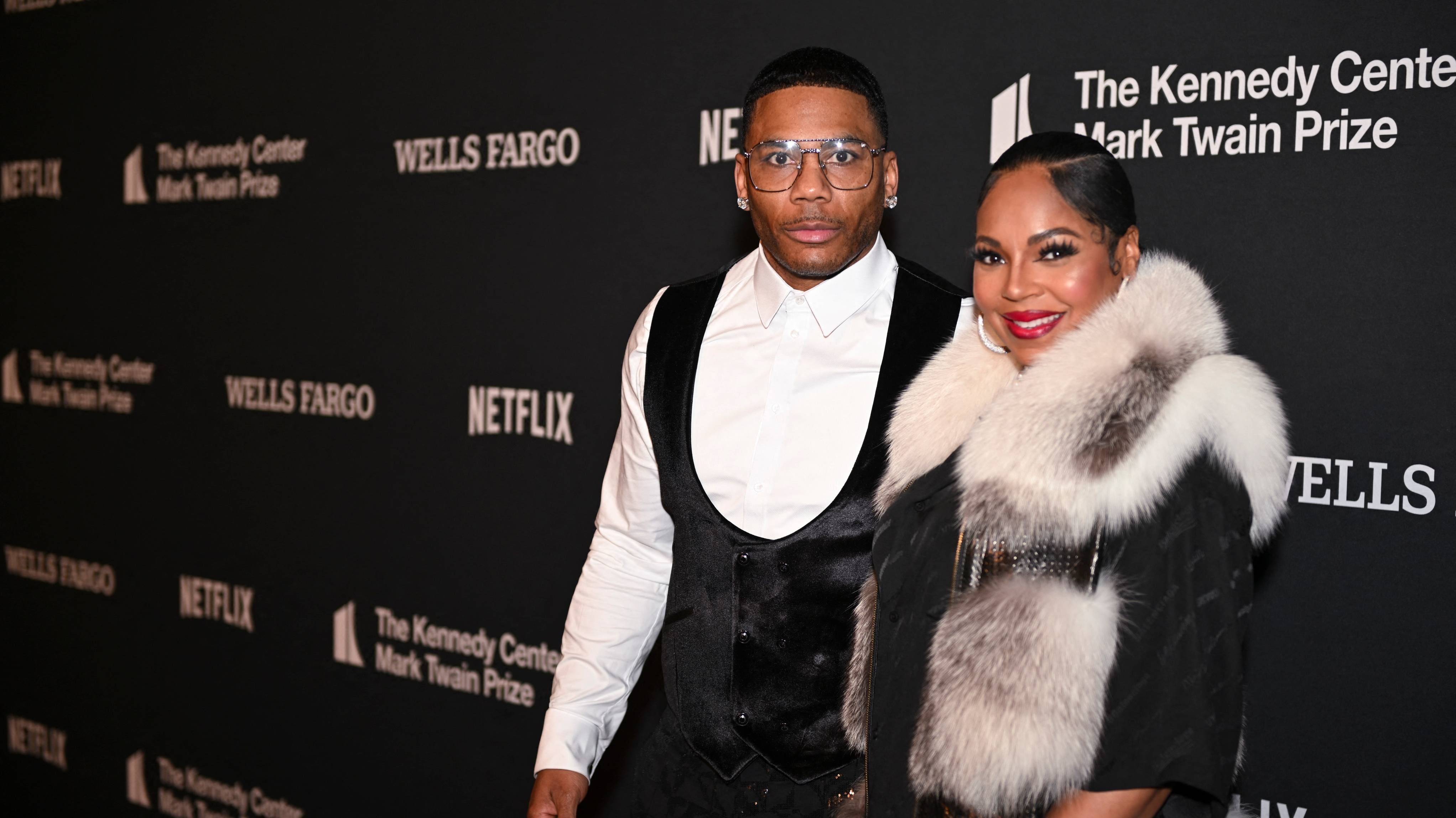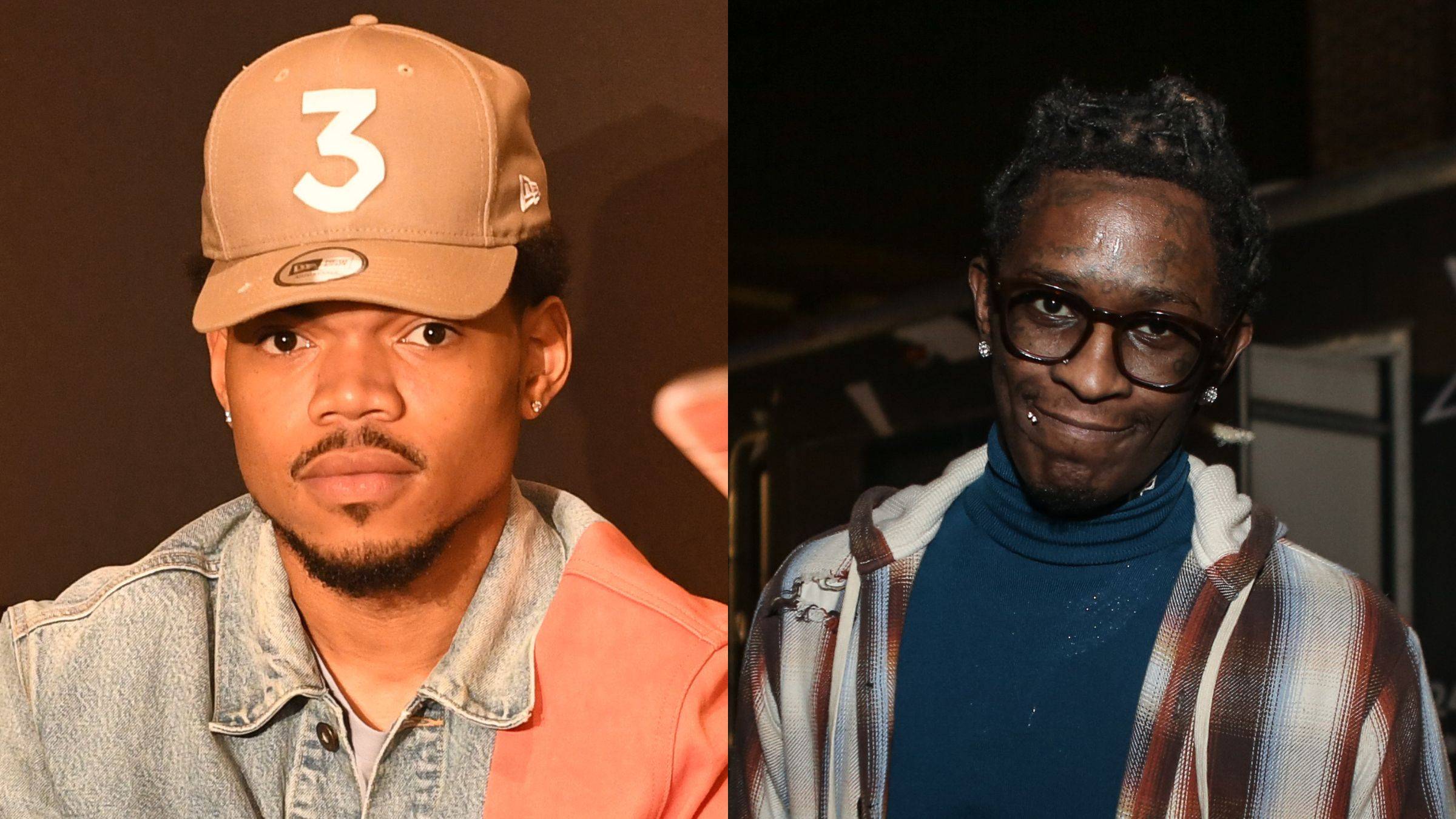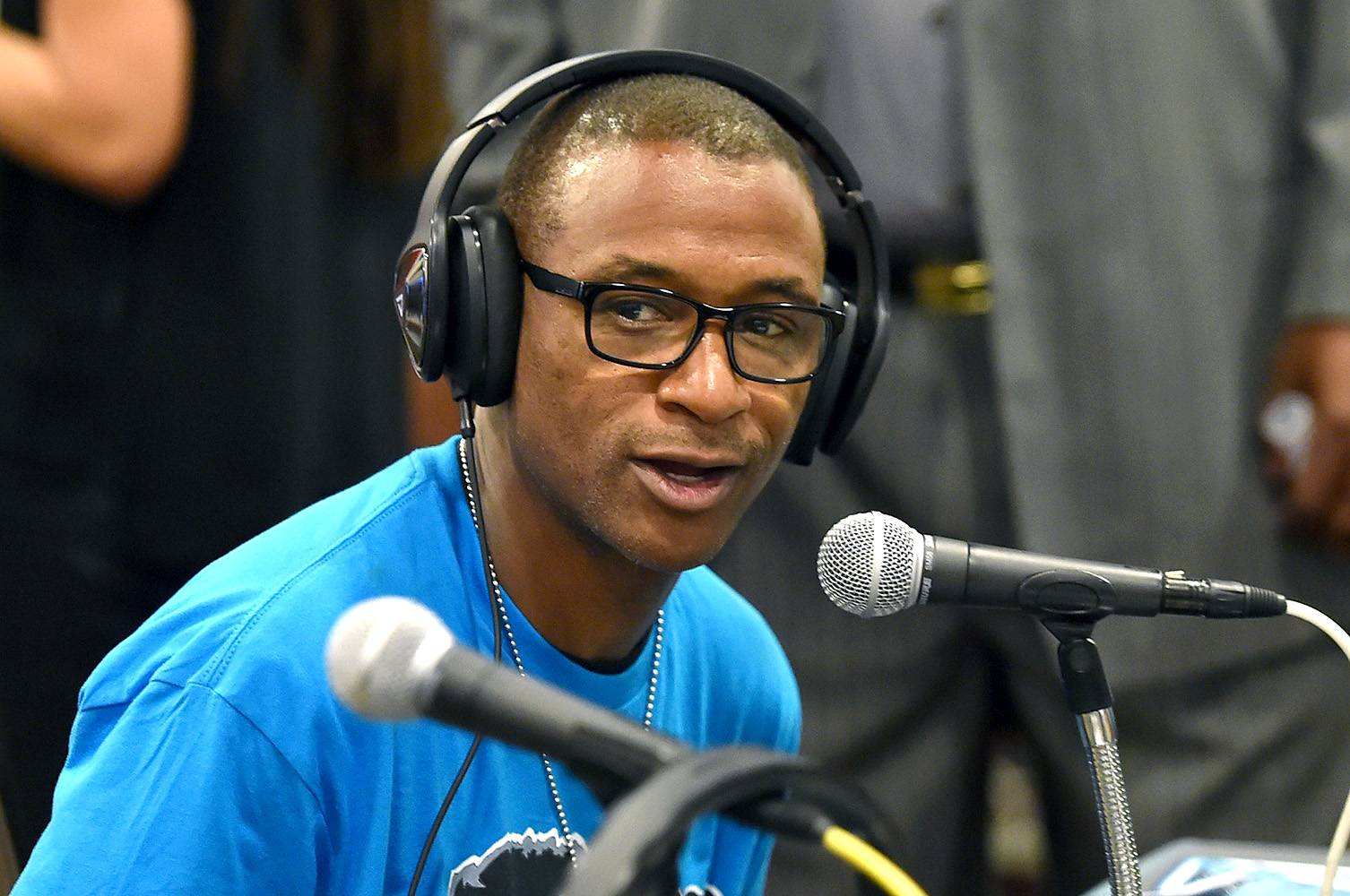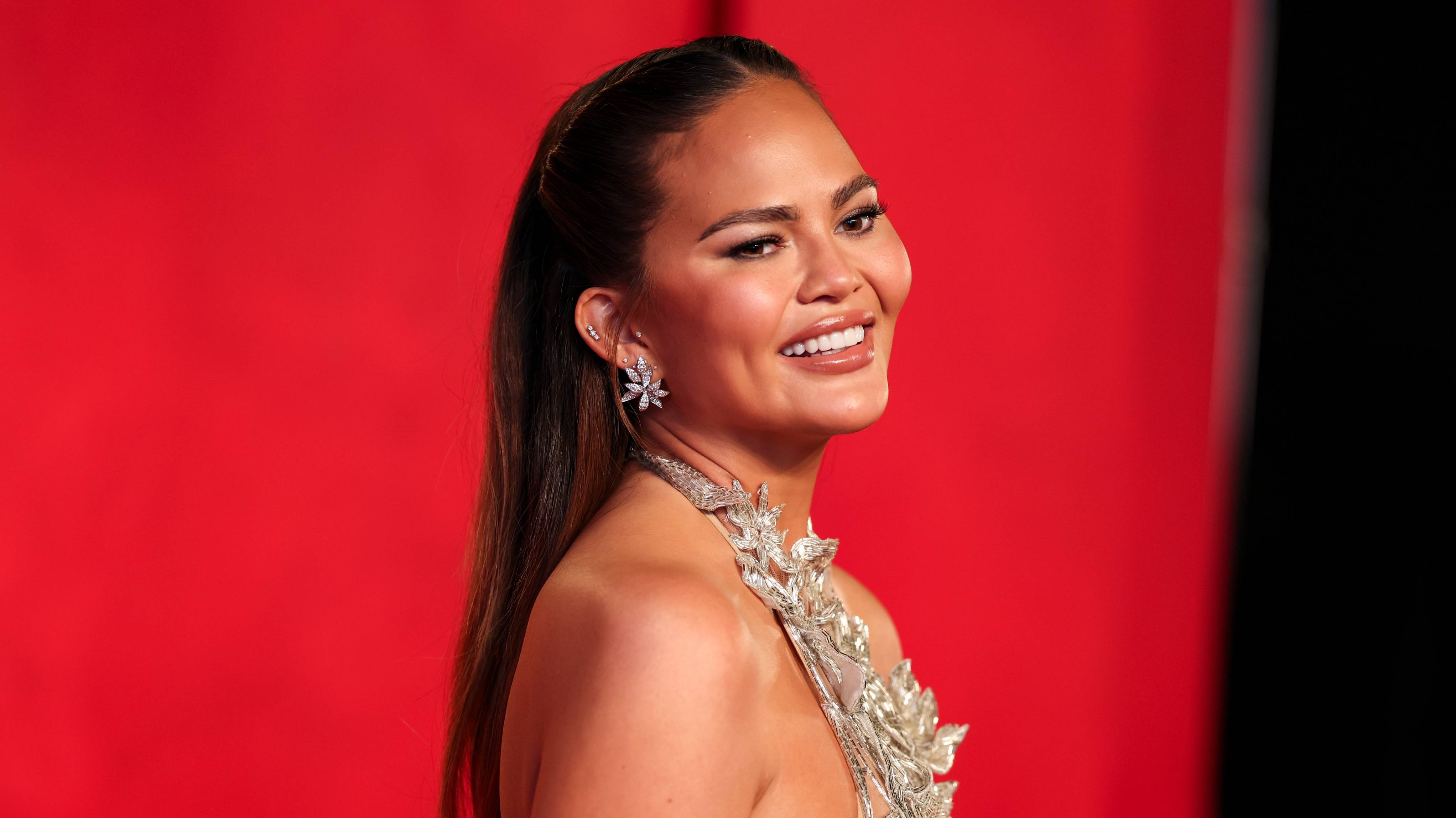This Congolese Woman From Belgium Danced For Rihanna's Fenty Show And Found A Bigger Global Stage
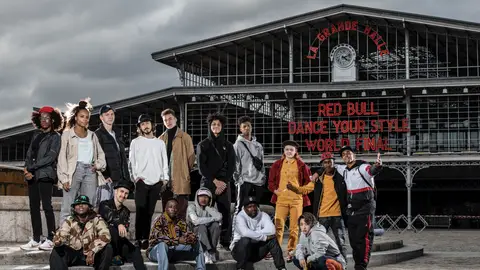
Dance is deeply embedded into every culture and for the Black diaspora, that rings doubly true. The genesis of hip hop music and corresponding dances has modernized and amplified our dance culture to epic proportions. From pop-locking and break dancing to the Harlem Shake and twerking- these moves serve as a pivotal point of connection and community.
With the accessibility of a potentially massive audience given to individuals courtesy of the Internet and social media, dance has the the power to be more consumed than ever and to truly change lives in the process. Red Bull's initiative Dance Your Style hosts 65 events in more than 29 countries throughout the year, with the purpose of highlighting and elevating the profiles of street dancers who have gained local fame. Red Bull has now crowned their champion: 17-year-old ShinShan from Holland. And I witnessed the first ever finale competition on October 12 in Paris, France.
Dance Your Style is all about giving freedom to dancers. They completely pour their hearts out while showing off their skills and personality through classic one-on-one dance battles. There's no planned choreography – dancers have to thrill and wow the audience by quickly adapting their chosen style to an ever rotating selection of tunes, from recent global hits to timeless throwbacks. With the help of the audience, one dancer is crowned the winner.
The Dance Your Style finale hosted 16 dancers from all over the world, but only 6 were women.
Like many industries, dance is dominated by men. I made it my business to get to know two of the Black women who were part of the six and who have made their mark in the global street dance battle scene: Angela 'Angyil' McNeal, a 26-year-old and Samantha Mavinga, a Congolese woman from Belgium who most recently danced back-up for superstar and mogul, Rihanna. Both women are prolific dancers who are on a mission to inspire the world through their art.
BET: How did you ladies start dancing and what inspires the style of your street dance?
Samantha Mavinga: I started dancing at 12-years-old. I’m now 26, so I’ve been dancing for more than half my life. For me, hip-hop and African dance were natural. It’s a part of who I am. I started with friends in the neighborhood because my parents didn’t pay for me to attend classes. They didn't want me to dance at all.
Angyl McNeal: I started dancing when I was a little girl. Whether it was a family BBQ or a school show, I was always performing since I can remember. Then I went to a performing arts high school and danced ballet, but I felt like I needed something to express my raw emotions and I felt like the best style I could do that was hip-hop and popping and other urban styles and street styles. I loved ballet. I loved the discipline and the structure and the hard work so it allowed me to transfer that over into training when it comes to street style, but I just needed something to authentically express myself in a real way.
BET: Angyil, you’re from Kansas City and Samantha, you’re from Brussles. How did you ladies make a mark in this industry coming from places that aren’t necessarily entertainment hubs?
SM: I danced with a crew and then I traveled to London for auditions. That's how I started dancing back-up for celebrities. The first artist I danced with was Chris Brown.
AM: I graduated high school early, moved to the Bronx at 15, signed with the Bloc NYC talent agency and started dancing professionally.
BET: The hip-hop dance street battle culture has been dominated by males. How does it feel being a Black woman breaking down those barriers and being apart of competition as huge as Dance Your Style?
AM: Being a black woman in these competitions that are dominated by males can be a little frustrating and intimidating, because I feel like I'm going into a situation and they're not going to understand me. Sometimes I feel like they don’t necessarily understand the culture and the roots of where hip-hop dance is from. They are just caring about the trends and what’s popular at the moment. As a Black woman, if I don’t compete then I’m doing a disservice to young girls who may want to become a dancer. I have a responsibility to other women to not let negative thoughts take over and perform at my best, even if I don’t feel up to it. I want girls to see me and know that they can be a street battle dancer.
BET: How does preparing for a competition like Red Bull Dance Your Style differ from rehearsing to dance back-up for a star such as Rihanna?
SM: Rehearsing for me is pretty much the same as when I danced back-up for celebrities. I rehearse 6 to 8 hours a day and I do cardio.
AM: For me, mentally preparing is most important. But I also dance and work out a few hours every day. I’m on planes mostly, so I’ll even go to the bathroom to do push-ups, squats, lunges, and sit-ups. But I'm alway’s working on my craft. But it’s no different.
BET: Samantha, can you tell me a little of what the process was like dancing in Rihanna’s Fenty show?
SM: I can’t tell you too much, but it was great. Her team is great. I auditioned in London and then made it to the final cut. The show was amazing. Working with that team was a great experience. Everyone works very hard.
BET: Society loves to place limitations on women. Being in this industry, has anyone ever tried to place you in a box, and put limitations on how much you can do?
SM: I don’t think about that. I just go out there and dance.
AM: All the time. People always say, 'Well since she’s a Black woman, the only dance she can do is twerk.' We aren’t one dimensional. I’m way more versatile in dance styles than most of the men I compete with. We just have to open our minds and not allow people to manipulate us into believing that we can’t do something. Misty Copeland is a perfect example and she’s from Kansas City like me. So seeing all that she’s done is just inspiring.
BET: What I love about the street dance culture is women can have as much bravado as men. In competitive sports, and life in general, that’s usually frowned upon. How do you ladies feel about that?
AM: Sometimes men might team up and create crews and come against you which can be intimidating. But, at the end of the day, I don’t even think about a gender when I get on the floor. If you trash talk me, I don’t look at you as a man. I don’t look at you as a woman. I just look at you as a trash talker so I’m going to trash talk back.
BET: What are you hoping young girls learn from the street dance culture?
AM: I hope that young girls see me and know that they can be a professional dancer, too. If someone told me I would be where I am today, I wouldn’t have believed them. I never imagined myself being where I am now. But I came out of it and they can too. Always believe in yourself and practice, practice, practice.
SM: I want girls to know that it doesn’t matter what country you come from, you can dance. Even if your family doesn't believe in you. If you believe in yourself and practice enough, you can do it.
In the end, Angyil made it to the final round and was crowned runner-up for the first ever Dance Your Style competition.
Editor's Note: This interview has been edited and condensed for clarity.
